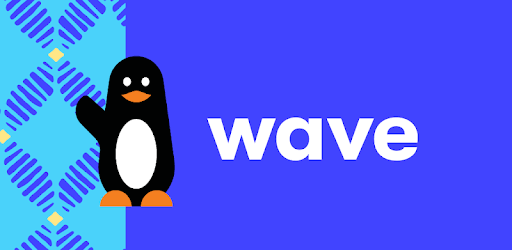In an effort to stop Wave Mobile Money Inc. from growing, mobile money agents in Ivory Coast stopped providing their services. Wave Mobile Money has been rapidly increasing its market share in West Africa, and the agents’ action is seen as an effort to stifle its expansion.
Agents who let people without bank accounts store and transfer money using cell phones were dissatisfied with their commissions and anticipated that the suspension would significantly harm the company’s revenue.
Instead, in the third-largest economy in West Africa, Wave had one of its greatest weeks since going live three years ago. According to Katier Bamba, the company’s general manager for Ivory Coast, “transactions soared for a couple of hours.”
Wave maintains direct ties with individual agents, as opposed to telecommunications corporations that use middlemen to manage agents. This allowed it to continue operating as normal.
The industry-disrupting fintech, which has been around for five years, hasn’t done this before. When Wave first debuted in Senegal in 2018, it challenged the regional branch of French telecom giant Orange SA, compelling it to lower its pricing to compete.
Read also: Wyre, cryptocurrency payments platform, is closing
Mobile money growth in Africa
Wave is the first non-telco non-bank to offer SME loans in eight Francophone West African countries with a new e-money license. With this license, Wave can issue microcredit and virtual credit cards without a financial institution.
Wave subscriptions are highest in Senegal. West Africa also comprises the Ivory Coast, Guinea, Mali, Guinea Bissau, Sierra Leone, and Gambia.
Companies seeking a piece of the mobile money business are escalating the competition in the area.
M-Pesa, the first mobile money operator, enabled this. Safaricom Plc, launched in Kenya in 2007, is how Africans do business. West Africa was less competitive than East Africa before M-Pesa. Wave saw an opportunity.
Nearly half of Senegalese individuals use mobile money, yet only 17% have bank accounts. Mobile money transactions in West Africa increased 60% to $239.3 billion. With more competitors, the market is tightening.
Mobile money’s changing national market is on display in downtown Dakar. The red-and-white logo for YUP, the Société Générale SA app, indicates its discontinuation earlier this year. Kash-Kash, the app launched by a local fast-food entrepreneur, failed to take off. Wave’s Sky Blue is also in the district.
‘Wave Mobile Money’ founders raised funds
To dominate the industry, Wave co-founders Drew Durbin and Lincoln Quirk received $200 million from Sequoia, Stripe, the Founders Fund, and Paretch Africa in 2021. They also made $500 million by selling Sendwave, a remittance startup, to Worldremit. With a $1.7 billion valuation, Wave became Senegal’s most popular app.
Profitability may determine the company’s future. Wave cut 15% of its Mali, Burkina Faso, and Uganda personnel in June amid a worldwide investment slump. It received a 90 million euro syndicated loan from the World Bank Group’s International Finance Corp. the following month. It stealthily extended into Gambia.
Lowering transaction fees have cost more. Orange’s Middle East and Africa Chairman, Alioune Ndiaye, accused Wave of eliminating 20,000 Senegalese jobs by capping mobile money agents’ take-home payments in April. Mobile money businesses’ focus on smartphone users raises concerns that poorer consumers may be left behind.
The head of financial inclusion at GSMA, Ashley Onyango, said, “App users are high-value clients, so there’s a race to get them.”
Wave’s expansion beyond its ties with Senegal’s four largest banks is more pressing. It might be able to tell from its new financial services or partnerships with Auchan Holding SA and Casino Guichard-Perrachon SA, two of the biggest grocery stores in France.
Wave and other fintechs will influence Africa’s financial future, but how is unclear.
Assuraf Assurance founder Souleymane Gning notes that once you have a consumer, it is simple to add other services like insurance, e-commerce, entertainment platforms, or even education. According to him, cash-in/cash-out transactions alone are not profitable; otherwise, an ATM would be used instead.




